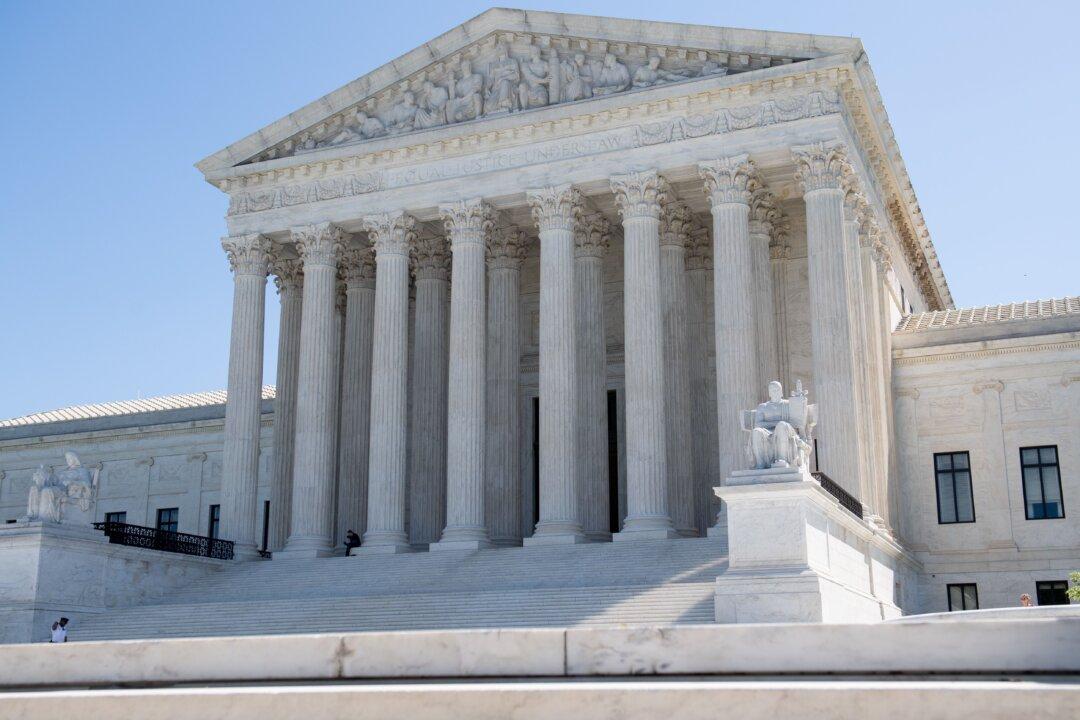The Supreme Court refused last week to bend Ohio election rules to accommodate marijuana decriminalization advocates who failed to gather enough in-person petition signatures to get their referendum question on the Nov. 3 ballot in several cities.
The emergency application to stop Ohio from enforcing its ballot-access rules was referred to Justice Sonia Sotomayor, who, in turn, referred the matter to the full Supreme Court, which denied the application late June 25.





